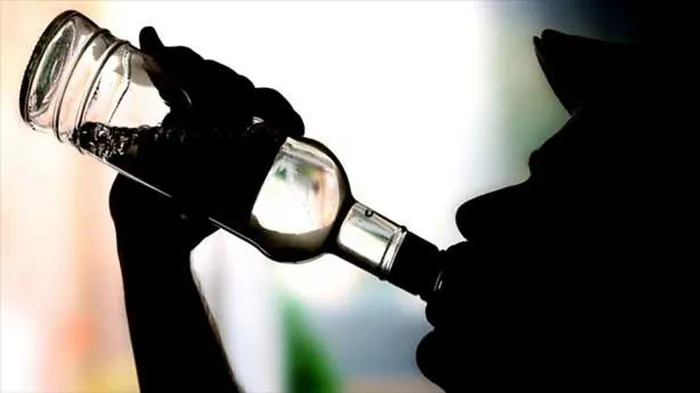How celebrations can jeopardise your car insurance cover

Discover how holiday celebrations can jeopardise your car insurance cover. Learn about the evidence insurers use to reject claims and the importance of responsible driving during the festive season.
Image: File
The festive season is upon us, but celebrations can quickly turn into a catastrophe if you get behind the wheel under the influence, according to the Non-life Insurance Division of the National Financial Ombud Scheme (NFO).
In a statement, the Non-life Insurance Division of the NFO says that this holiday, the biggest hangover may not be alcohol; it could be losing your car insurance cover.
The Non-life Insurance Division of the NFO says it has already recorded a surge in complaints this year, with many motorists discovering too late that accident claims were rejected because the driver was found to be under the influence of alcohol or another intoxicating substance.
Edite Teixeira-Mckinon, lead ombud of the division, warns that one of the biggest misconceptions among complainants is that insurers can only rely on blood or breathalyser test results to reject a claim.
“A claim against the insurer is a civil claim, and, unlike in criminal proceedings, the insurer needs only to demonstrate on a balance of probabilities that the insured drove the vehicle whilst under the influence of an intoxicating substance,” Teixeira-Mckinon says.
She says this means insurers carry a lighter burden of proof than the State in criminal matters. They are entitled to rely on a wide range of evidence to reject a claim.
The Ombud’s office has considered various forms of evidence in recent cases, including:
- Witness accounts at the accident scene describe the driver’s behaviour and appearance.
- Proof of the driver’s whereabouts before the accident – such as being at a shebeen, pub, party, or braai.
- Vehicle tracking data and cellphone records contradict the driver’s version of events.
- Bank statements showing alcohol purchases.
- Video footage of the driver consuming alcohol.
- Reports from paramedics and doctors who attended to the driver.
- Evidence that the driver unlawfully left the accident scene.
- The time, day, and manner in which the accident occurred.
- The driver’s own admission about alcohol consumption.
In one matter, a complainant challenged his insurer’s rejection of a claim after his son, the driver, was accused of being under the influence.
The son claimed the accident happened shortly after 1 am while overtaking another vehicle. He admitted to having a draught beer earlier in the day but insisted he was not intoxicated.
However, the insurer relied on testimony from a tow truck driver who said the son was “severely under the influence of alcohol”. Medical reports also noted he was under “EtOH influence”, ethanol, the alcohol found in beverages, and that he “reeked of alcohol”.
The complainant disputed this, arguing his son had used hand sanitiser and consumed brandy after the accident, which explained the smell. Nonetheless, the Ombud upheld the insurer’s rejection, citing the son’s whereabouts, the manner of the accident, and the doctor’s notes as sufficient evidence on a balance of probabilities.
Teixeira-Mckinon says that witness evidence is not always conclusive.
In another case, a complainant denied consuming alcohol before an accident where he failed to stop at a stop sign. Police officers described him as “tipsy” with red eyes, but the Ombud found that the insurer’s assessor had asked “leading” questions, presupposing the answers, she says.
According to Teixeira-Mckinon, no consideration was given to the complainant’s head injuries, which may have explained his demeanour. After reviewing all evidence, the Ombud issued a provisional ruling for the insurer to settle the claim, which it accepted.
She says even without direct proof of intoxication, insurers often rely on other policy exclusions to reject claims.
“Some policies exclude cover where the insured unlawfully leaves the accident scene, which can hinder an insurer’s validation of the claim and lead to a possible rejection of the claim on this ground,” Teixeira-Mckinon says.
She says another common exclusion is failure to provide full and truthful information. For example, if cellphone or tracking data places the insured at a pub or shebeen, but they misrepresent their whereabouts, the claim may be rejected.
According to Teixeira-Mckinon, the consequences of a rejected claim extend far beyond repairing your own vehicle. Insurers may also refuse to cover damages caused to third parties, leaving motorists with crippling financial liabilities.
“Consumers are urged to ‘think before you drink, before you drive’," Teixeira-Mckinon says.
PERSONAL FINANCE